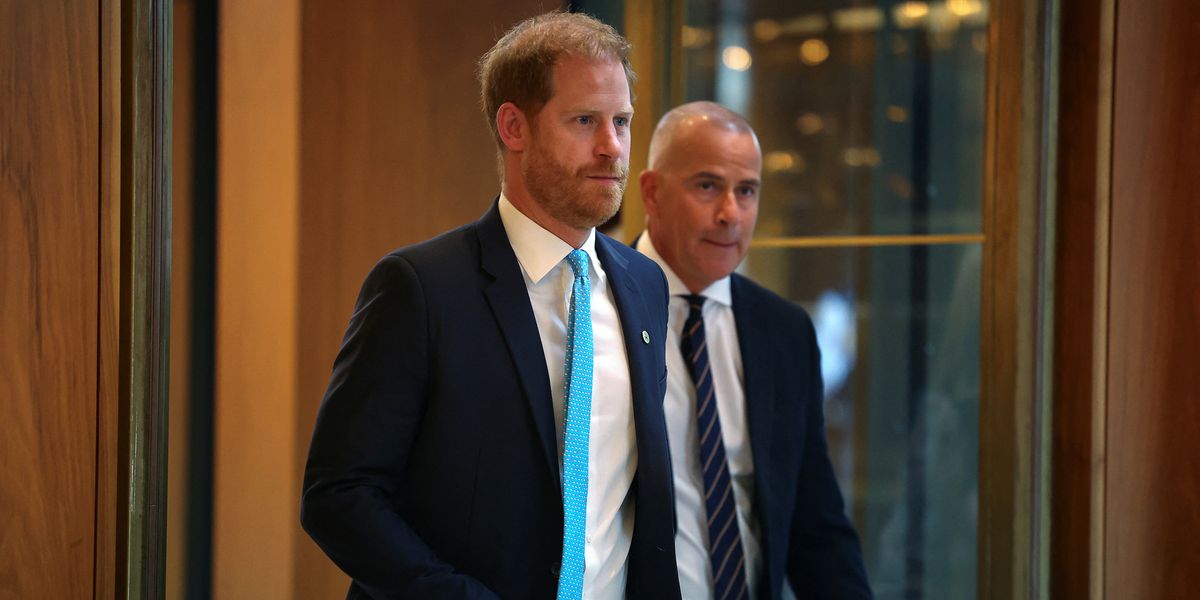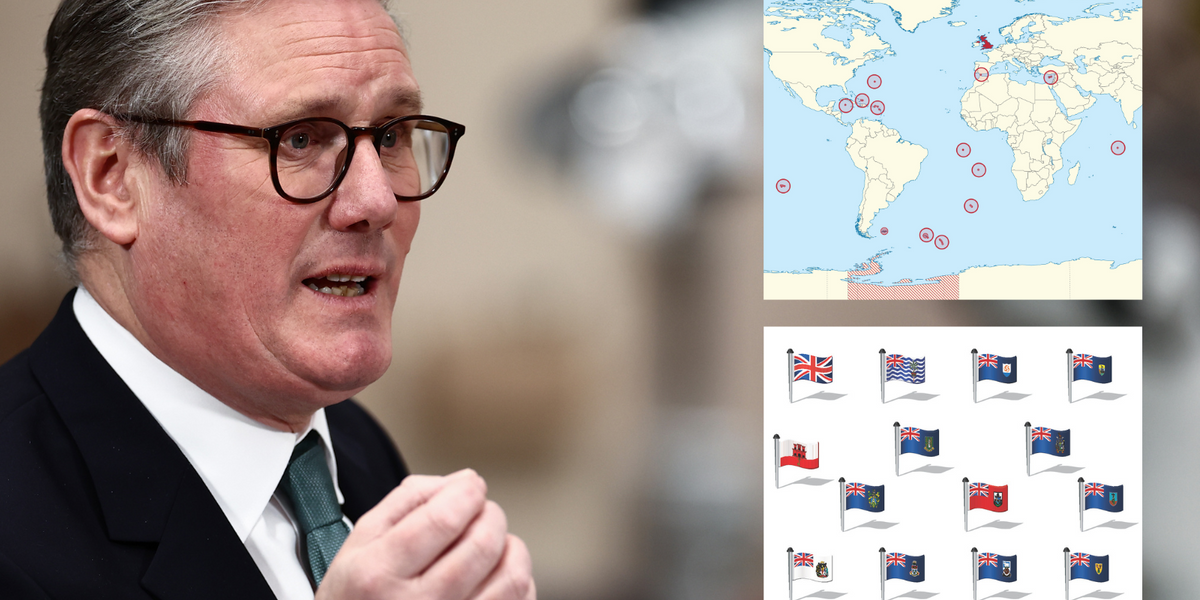Stepping up its outreach with the Taliban rulers of Afghanistan, Indian Foreign Secretary Vikram Misri met with the regime's acting foreign minister, Amir Khan Muttaqi, in Dubai on Wednesday.
According to a statement by the Taliban Foreign Affairs Ministry, the discussions covered topics such as security concerns in Afghanistan, the need for Indiato engage in development projects and provide humanitarian assistance, and Afghanistan's use of Iran's Chabahar port to access trade to the conflict-ridden country.
"In line with Afghanistan's balanced and economy-focused foreign policy, the Islamic Emirate aims to strengthen political and economic ties with India as a significant regional and economic partner," the statement continued.
The meeting marked the highest level of dialogue between India and the Taliban since the latter seized Kabul in August 2021.
"In response to the request from the Afghan side, India will provide further material support in the first instance to the health sector and for the rehabilitation of refugees. The two sides also discussed strengthening of sports (cricket) cooperation," India's Foreign Office said after the meeting.
 Many countries have refused to diplomatically engage with the Taliban due to its worsening oppression of women and girlsImage: Sanaullah Seiam/AFP via Getty Images
Many countries have refused to diplomatically engage with the Taliban due to its worsening oppression of women and girlsImage: Sanaullah Seiam/AFP via Getty ImagesA move to counter China?
Shanthie Mariet D'Souza, an Afghanistan expert monitoring recent events, agreed that the meeting marks a significant step as India appears to be working to meet the diplomatic requirements that would enable it to comprehensively engage with the Taliban.
"At the heart of India's policy is the goal of regaining its lost influence and re-establishing its connections in Kabul," D'Souza, founder of the Mantraya Institute of Strategic Studies, told DW.
"Additionally, India aims to restore its influence in a region where China has significantly stepped up its presence since August 2021," she added.
Gautam Mukhopadhyay, a former Indian ambassador to Afghanistan, told DW that India is reassessing its diplomatic stance and working to stabilize its relationship with the current Talibanleadership.
"India is under no pressure to formally recognize the Taliban, more so when there seem to be visible internal strains within the Taliban, who continues to harshly repress women and deprive them of any rights," he said.
"But there are other equally weighty reasons for engagement that include trade, historical ties, Chahbahar (port), and the International North-South Transport Corridor and China," added Mukhopadhyay.
India: English classes bring hope to Afghans in New Delhi
Laying the groundwork
In November, senior foreign ministry official, JP Singh held multiple meetings with Taliban representatives, including a notable meeting with acting Defense Minister Mullah Mohammad Yaqoob.
In June 2022, India sent a "technical team" to Kabul to coordinate the delivery of humanitarian assistance and to see how New Delhi could support the Afghan people.
Since the opening of the technical mission, the Taliban have been demanding to place their own representative in Delhi. India has since permitted a Taliban representative, Ikramuddin Kamil, to work at the Afghan consulate in Mumbai.
The Taliban subsequently called for the easing of visa processes for Afghan students, patients, and businessmen.
"This high-level meeting is the logical next step after opening a tech mission and is preceded by several other meetings at the official level. Diplomacy is a two-way street," Amar Sinha, former Afghanistan envoy, told DW.
"I do not think any nation has come to that point of extending recognition to the Taliban regime. This meeting will be seen as very opportune by the Taliban regime, which is under military pressure and other stress from Pakistan at this moment," said Sinha.
Strained relationships with Pakistan
Ajay Bisaria, a former Indian envoy to Pakistan, told DW that India's pragmatic engagement is part of a larger compact with the Taliban where India demands that Afghan soil not be used for any anti-India activity in return for India permitting limited engagement and continued humanitarian support.
"In contrast, Pakistan views Afghanistan as a geography to achieve strategic depth and influence, particularly after the US withdrew in 2021," said Bisaria.
Pakistan strikes at Pakistani Taliban in Afghanistan
The Taliban's relationship with Pakistan has soured particularly due to issues related to cross-border terrorismand recent Pakistani airstrikes on Afghan territory targeting militant members of Tehreek-e-Taliban Pakistan (TTP), a militant group that has repeatedly attacked Pakistani security forces. India has condemned the airstrikes.
"These moves are largely a consequence of the flawed policies that Pakistan has adopted in dealing with its neighbors, privileging narrow military objectives over sane diplomatic goals," he added.
"India and the Taliban have developed a pragmatic understanding. For the Afghans, the difference between the two approaches is clear," added Bisaria.
Edited by Ole Tangen Jr

 By Deutsche Welle (World News) | Created at 2025-01-10 13:29:24 | Updated at 2025-01-15 13:08:55
5 days ago
By Deutsche Welle (World News) | Created at 2025-01-10 13:29:24 | Updated at 2025-01-15 13:08:55
5 days ago








